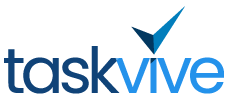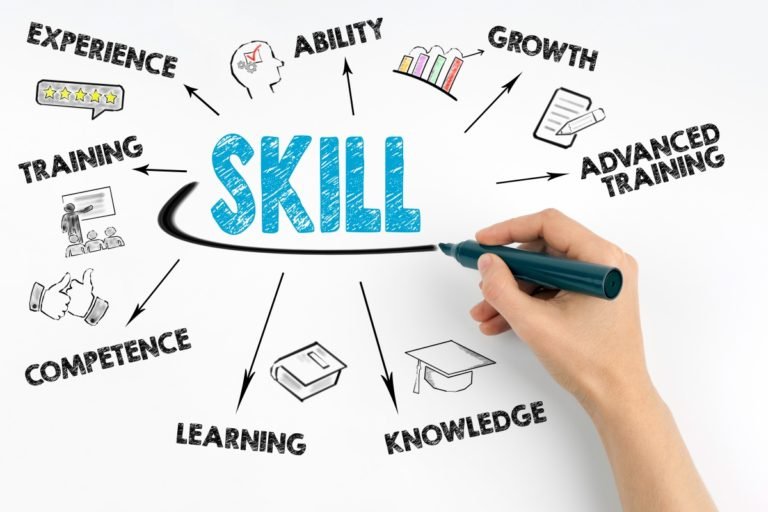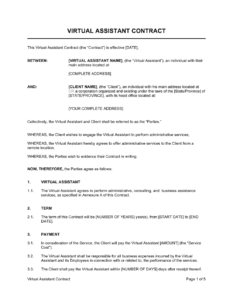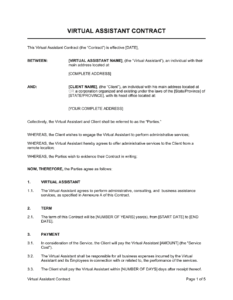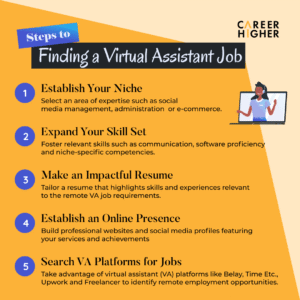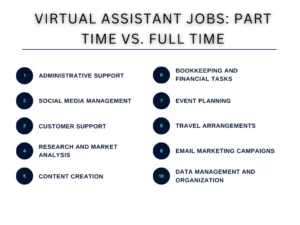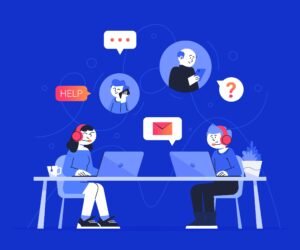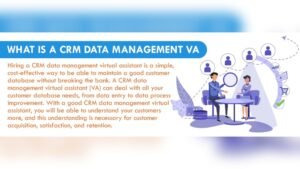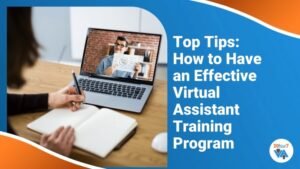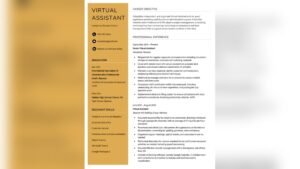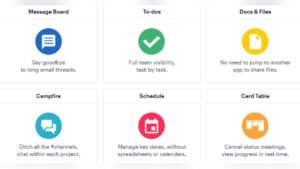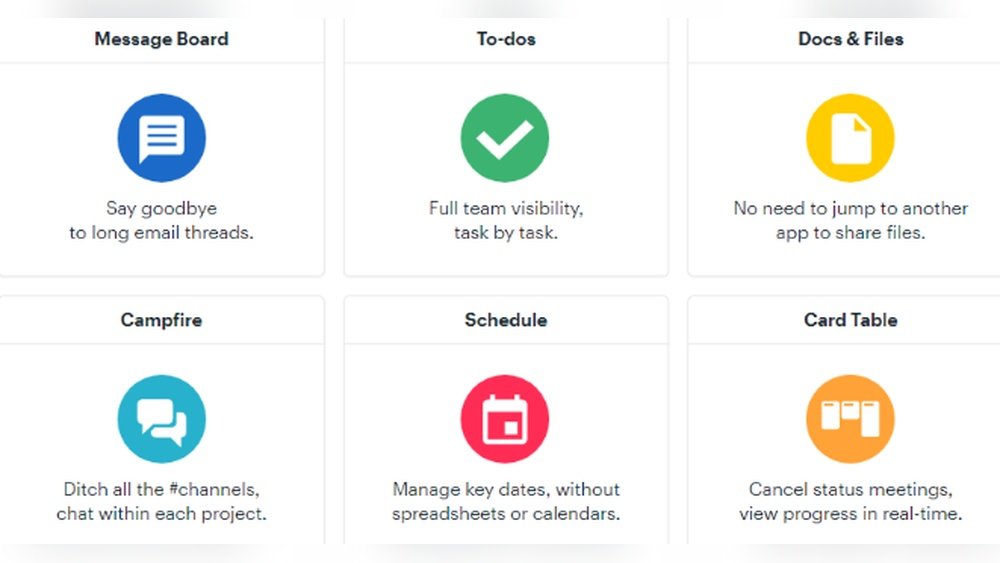Skills development involves learning new abilities or improving existing ones. It is essential for personal and professional growth.
In today’s fast-paced world, staying relevant in your career means constantly updating your skills. Skills development helps you adapt to changes, meet job requirements, and achieve your goals. Whether you’re entering the job market or aiming for a promotion, developing skills is crucial.
It’s not just about acquiring technical knowledge; it also includes soft skills like communication and problem-solving. Investing in your skills can lead to better job opportunities and increased confidence. In this blog, we’ll explore what skills development is, why it matters, and how you can start your journey toward continuous improvement.
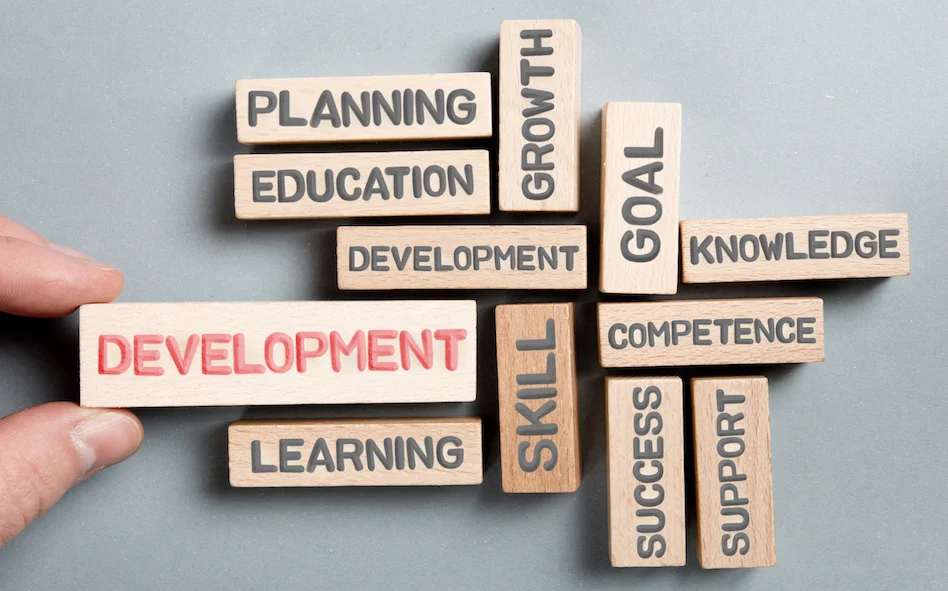
Credit: www.riseup.ai
Introduction To Skills Development
Skills development is essential for personal and professional growth. It involves learning new abilities, improving existing ones, and adapting to changes. This process helps individuals stay competitive in the job market and succeed in their careers. Developing skills also boosts confidence and opens up new opportunities.
Importance Of Skills Development
Skills development is crucial for career advancement. It ensures that individuals keep up with industry trends and demands. By continuously learning, people can enhance their job performance. This leads to better job security and higher earning potential.
In the workplace, skilled employees are more productive. They can solve problems efficiently and contribute to the company’s success. Employers value workers who invest in their own growth. This can lead to promotions and increased responsibilities.
Goals Of Skills Development
The main goal of skills development is to improve competencies. This includes technical skills, soft skills, and job-specific skills. By setting clear objectives, individuals can focus on areas that need improvement.
Another goal is to foster lifelong learning. The world is constantly changing, and new skills are always needed. Embracing continuous education helps individuals stay relevant and adaptable. This mindset leads to personal and professional fulfillment.
Identifying Your Core Skills
Identifying your core skills is crucial for personal and professional growth. Core skills are your strengths that set you apart. Knowing these helps in making informed career choices. It aids in personal development and boosts confidence.
Self-assessment Techniques
Self-assessment is the first step in identifying core skills. Start by making a list of tasks you enjoy. Think about activities where you excel naturally. Consider your hobbies and interests. Look for patterns in your achievements. Reflect on past experiences.
Another technique is to take personality tests. These tests provide insights into your strengths. They help in identifying areas where you shine. Journaling can also be useful. Write down your daily activities and feelings. Over time, you will notice trends. These trends indicate your core skills.
Seeking Feedback
Feedback from others is valuable in identifying core skills. Ask colleagues, friends, and family for their opinions. They might see strengths you overlook. Request constructive criticism. It helps in recognizing areas for improvement.
Participate in group projects or activities. Observe how others perceive your contributions. Attend workshops and training sessions. Engage in discussions and seek advice. Mentors can provide guidance and insights. Their experience helps in identifying your core skills.
Setting Achievable Goals
Skills development is a journey. To succeed, you need a plan. Setting achievable goals is key. It helps you stay focused and motivated. Break down your goals into manageable parts. This makes the process less overwhelming.
Short-term Goals
Short-term goals are milestones. They guide you step by step. These goals should be specific and realistic. For example, aim to learn a new software in a month. Or, you might want to complete an online course in six weeks.
- Identify the skills you need to develop.
- Set a time frame for each goal.
- Make sure your goals are measurable.
Short-term goals provide quick wins. They boost your confidence. Each achievement keeps you motivated. This momentum is crucial for long-term success.
Long-term Vision
Your long-term vision is your ultimate goal. This could be a dream job or mastering a complex skill. Think about where you want to be in five years. Visualize your end goal.
- Write down your long-term vision.
- Break it into smaller, achievable steps.
- Review and adjust your plan regularly.
Having a long-term vision keeps you focused. It gives you a sense of direction. Each short-term goal is a step towards your long-term vision. This approach ensures steady progress.
| Goal Type | Time Frame | Examples |
|---|---|---|
| Short-term | 1 month to 1 year | Learn new software, complete a course |
| Long-term | 5 years or more | Master a skill, achieve a dream job |
Setting achievable goals is a crucial part of skills development. Start with short-term goals. Keep your long-term vision in mind. This balanced approach will lead to success.
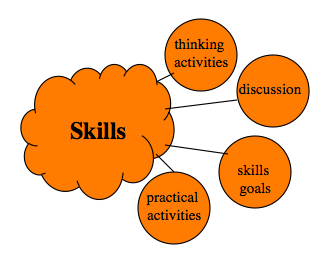
Credit: ecampusontario.pressbooks.pub
Learning New Skills
Learning new skills is a vital part of personal and professional growth. It opens doors to new opportunities and enhances your abilities. This section explores different ways to learn new skills, focusing on formal education and online courses.
Formal Education
Formal education is a traditional way to gain new skills. Schools, colleges, and universities offer structured programs. These programs include a curriculum designed by experts.
Here are some benefits of formal education:
- Accredited Degrees: Recognized qualifications that can boost your resume.
- Expert Instructors: Learn from experienced teachers and professors.
- Networking: Meet peers and professionals in your field.
Formal education often involves a set schedule and physical attendance. This method is great for those who prefer a structured learning environment.
Online Courses
Online courses offer a flexible way to learn new skills. You can study at your own pace and from anywhere. Many platforms provide online courses, including:
- Coursera: Offers courses from top universities.
- Udemy: Thousands of courses on various topics.
- edX: Free courses from leading institutions.
Advantages of online courses include:
- Flexibility: Learn anytime, anywhere.
- Cost-effective: Many courses are free or affordable.
- Wide Range: Courses on almost any topic you can think of.
Online courses are ideal for those with busy schedules or those who prefer self-paced learning.
Practicing And Refining Skills
Practicing and refining skills are essential parts of skills development. It helps individuals improve and become more efficient. This section focuses on two key aspects: hands-on experience and skill-building exercises.
Hands-on Experience
Hands-on experience is vital for learning. It allows individuals to apply what they have learned. Real-world practice strengthens understanding and builds confidence.
Consider these benefits of hands-on experience:
- Better Retention: Doing tasks helps retain information better.
- Immediate Feedback: Receive and learn from instant feedback.
- Problem-Solving Skills: Develops critical thinking.
For example, a table showcasing benefits:
| Benefit | Explanation |
|---|---|
| Better Retention | Practicing tasks leads to better memory retention. |
| Immediate Feedback | Receive and correct mistakes instantly. |
| Problem-Solving Skills | Enhances ability to think critically and solve issues. |
Skill-building Exercises
Skill-building exercises are structured activities designed to improve specific abilities. These exercises are often repetitive and focused.
Here are some common types of skill-building exercises:
- Workshops: Short-term, intensive training sessions.
- Simulations: Role-playing scenarios that mimic real-life situations.
- Practice Drills: Repeated exercises to build muscle memory.
Engaging in these exercises helps to:
- Identify Weaknesses: Understand areas needing improvement.
- Track Progress: Monitor growth over time.
- Build Confidence: Gain assurance in one’s abilities.
Both hands-on experience and skill-building exercises are key to effective skills development. They help refine abilities and build confidence.
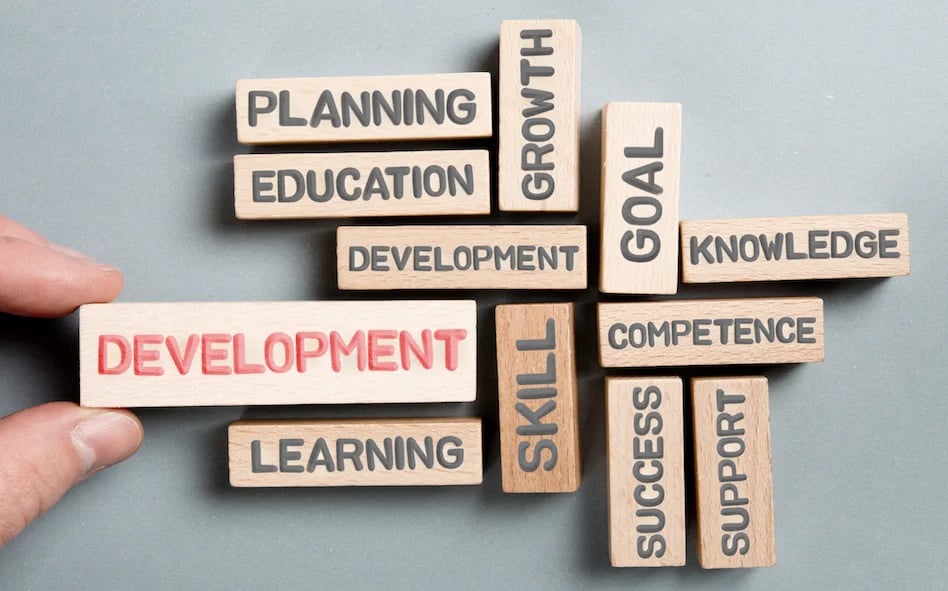
Credit: www.riseup.ai
Overcoming Obstacles
Overcoming Obstacles is a key part of skills development. Everyone faces challenges on this journey. These challenges can hinder progress and dampen spirits. But, with the right strategies, one can navigate through these hurdles effectively.
Handling Failure
Failure is a common obstacle. It can feel overwhelming. But, it is an essential part of growth. Every failure provides a learning opportunity. Reflect on what went wrong. Identify areas for improvement. This reflection helps in avoiding similar mistakes in the future.
Create a plan to tackle these issues. Break down large problems into smaller tasks. This makes them more manageable. Celebrate small victories. This boosts confidence and maintains momentum.
Staying Motivated
Staying motivated is crucial. It can be difficult, especially after setbacks. Set clear, achievable goals. This gives a sense of direction. Use a vision board to visualize success. It keeps the end goal in sight.
Surround yourself with supportive people. Positive influences can boost morale. Join a community or group with similar interests. Share experiences and learn from each other. Take breaks to avoid burnout. Rest is vital for maintaining motivation.
| Obstacle | Strategy |
|---|---|
| Failure | Reflect, Plan, Celebrate Small Wins |
| Lack of Motivation | Set Goals, Visualize, Seek Support |
Leveraging Your Skills
Skills development is a lifelong journey. Leveraging your skills means using what you know to get ahead. It’s about applying your strengths to different areas of your life. Whether it’s career advancement or personal growth, the right skills can make a big difference.
Career Advancement
In the workplace, leveraging your skills can lead to promotions. Employers value employees who can bring new ideas to the table. Technical skills and soft skills both play a role. For example:
- Technical Skills: Coding, data analysis, project management
- Soft Skills: Communication, teamwork, problem-solving
Combining these skills can set you apart from your peers. It shows that you are adaptable and ready for challenges. This readiness can open doors to new opportunities.
Personal Growth
Skills development is not just about work. It also impacts your personal life. Learning new skills can boost your confidence. It can also improve your relationships and overall well-being. For instance:
- Learning a new language can enhance your cultural understanding.
- Practicing mindfulness can reduce stress.
- Developing hobbies can make life more enjoyable.
Personal growth leads to a more fulfilling life. It keeps your mind active and engaged. This engagement is crucial for a happy and healthy life.
Continual Improvement
Continual Improvement in skills development focuses on the ongoing process of enhancing abilities. It is not a one-time effort but a lifelong journey. This approach helps individuals stay relevant and competitive in their careers. Let’s explore two key aspects of continual improvement: Lifelong Learning and Adapting to Change.
Lifelong Learning
Lifelong learning is the practice of continuously acquiring new knowledge and skills. This can be through formal education, online courses, or self-study. It helps individuals keep up with industry trends and advances.
Here are some ways to engage in lifelong learning:
- Enroll in online courses
- Attend workshops and seminars
- Read books and articles
- Join professional groups
These activities ensure you are always learning something new. They help build a strong foundation for personal and professional growth.
Adapting To Change
Adapting to change is a critical skill in today’s fast-paced world. Technology and industry trends evolve rapidly. Staying adaptable ensures you can handle new challenges and opportunities.
Consider these strategies to improve adaptability:
| Strategy | Description |
|---|---|
| Embrace new technology | Learn to use the latest tools and platforms. |
| Stay updated | Follow industry news and trends. |
| Be open to feedback | Use feedback to improve your skills and methods. |
By adopting these strategies, you can remain flexible and resilient. This helps you navigate the ever-changing landscape of your career.
Frequently Asked Questions
What Is Skills Development?
Skills development is the process of improving abilities through training, education, and experience.
Why Is Skills Development Important?
Skills development enhances employability, productivity, and personal growth, leading to better job opportunities and career advancement.
How Can I Improve My Skills?
You can improve skills through online courses, workshops, reading, practice, and seeking feedback from mentors.
What Are The Types Of Skills?
There are two main types: hard skills (technical abilities) and soft skills (communication, teamwork).
Conclusion
Skills development is crucial for personal and professional growth. It helps individuals stay competitive in the job market. Building new skills boosts confidence and opens doors to opportunities. Everyone benefits from continuous learning and improvement. Start small, stay committed, and watch your skills grow.
Remember, investing in yourself is always worthwhile. By focusing on skills development, you pave the way for a brighter future. Keep learning, keep growing.
Ms.Sultana brings over 16 years of expertise working with global Clients by providing different skills and Services. For the last 5 years working as an Affiliate marketer, specializing in high-ticket campaigns that drive exponential growth. She holds a degree in Computer Science and Engineering as well as achieved many more skills certificates from different institute/academies/Platform. As part of the Elite Global Marketing team, Sultana has helped clients generate millions in revenue through strategic partnerships, innovative funnels, and data-driven insights.
